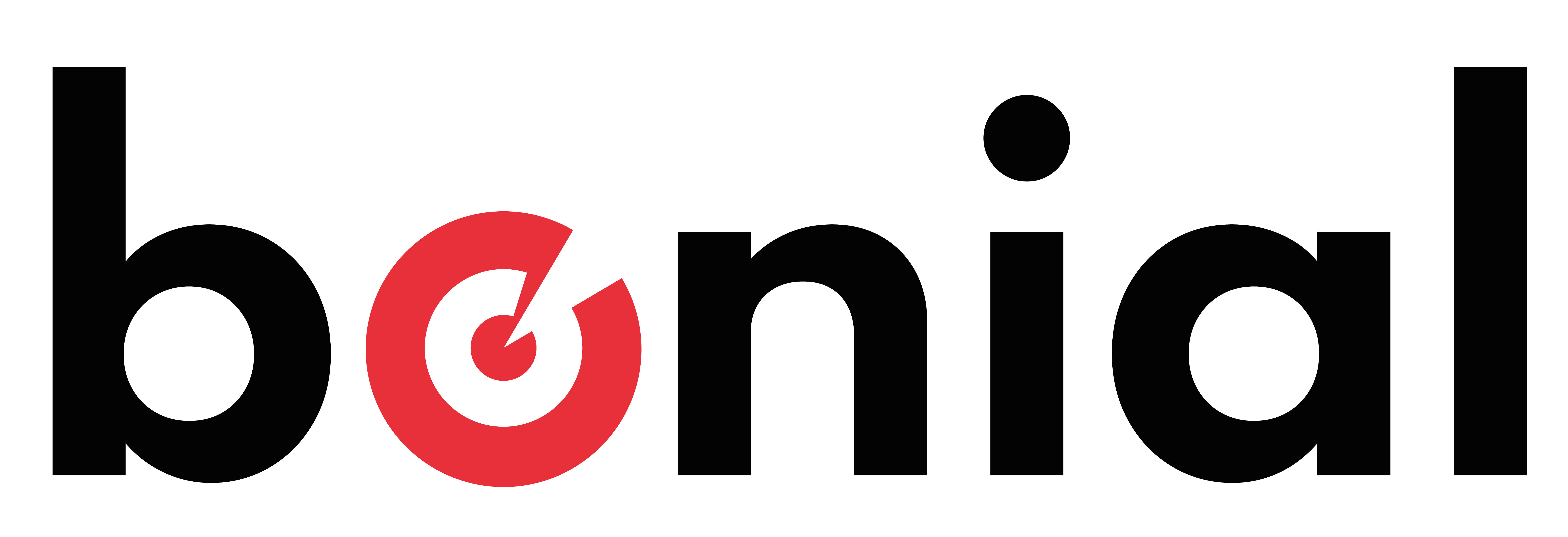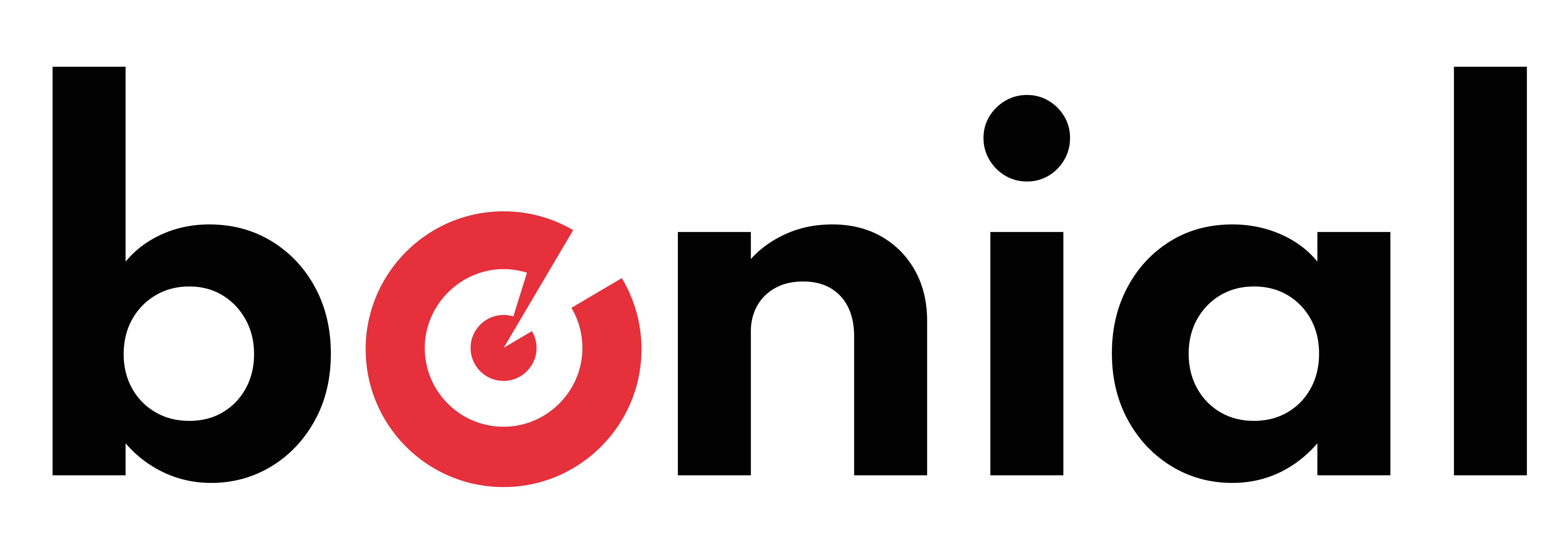There is an increasing emphasis on data privacy as GDPR continues to be rolled out in different European countries. These regulations constantly iterate towards more security and transparency as to what personal data consumers allow to share for tracking and marketing purposes. The impact of this in the digital space is manifolded, from the general way companies can acquire, address and engage their users, to detailed changes to the user experience of websites and mobile apps.
As the #1 drive-to-store platform in Germany and France, geolocation tracking at the core of Bonial’s DNA to always enable consumers to find the best and most exciting deals in their direct area. As IOS13 and Android10 were released at the end of 2019, these operating systems are clearly moving in the same direction as data privacy regulations as well. Indeed, they give their users more control on whether and how they want their location to be tracked. One of these changes includes the removal of the “Always Allow” background tracking option in the permission dialogue. While in the past, this was a common option to be able to collect geodata as a background service, with IOS13 it is only possible to choose from these three options:
So what is Bonial’s strategy? How do we deal with these changes with our mobile apps kaufDA and MeinProspekt
Constructively.
First off, the user is always at the centre of everything we do in terms of product development. If the product improvement does not create value for our users, it never sees the light of day on kaufDA or MeinProspekt. Bonial believes that users should have full control over their data and hence also what type of marketing activities they want to see and interact with on our platform. This highly user-centric approach also applies to the way we handle our geofence tracking. A good example are our geo pushes, which are based on this technology. If a user passes by a store that has interesting offers, they can opt in to allow push notifications to their smartphone. This is something that our users want and actually appreciate and therefore, understand the necessity of sharing this type of data with us.
How Bonial tackles increasing data regulations (and potentially decreasing tracking permissions) is to create products that give enough incentive and enticement for our users to share their data with us in return. Keep them inspired, enable them to shop more efficiently and informing them about the best offers in their area. This obviously has advantages for our retail and brand clients as well, since it enables Bonial to deliver higher quality engagements on their advertisement and better attribution and store visit data. Everybody wins.
What impact did these operating system changes have on Bonial’s product development and generally on our platforms so far?
Just like every company in our ecosystem, we had to adjust our platforms in order to be compliant with the new regulations and in line with the changes happening in the operating systems. This is not a one-time fix, but an ongoing process and we continue to monitor these developments in order to see them in time and be ready once they are effective. We are happy to report that these changes have neither impacted our user engagement nor our attribution capabilities, which are also important for our retail and brand customers. On the contrary, Bonial has actually managed to grow our platforms significantly in the last year by around +40% in users. Therefore, we see ourselves on a very good track.
Do we expect these regulations and limitations regarding data privacy to increase in the future?
Yes. We expect these to sharpen even more in the future, particularly inside the EU. However, we are not worried that these types of tracking and attribution technologies will be blocked entirely at any given time. They will persist and develop. It will just be more about informing the consumer transparently and comprehensively about the purpose as to why his data is needed and giving him or her the possibility to also opt out from that at any given moment. At the end of the day, we believe that all these changes in regulations will lead to an increasing professionalization of the market. In other words: Where tracking is useful and creates real value, it will stay. Dubious or unprofessional approaches or companies in the market that do not manage to create actual value for the consumer will find it difficult to survive in the market if they don’t manage to reinvent their value proposition.
Author

This article was written by Karsten Lehmann, CPO/CMO at Bonial.








